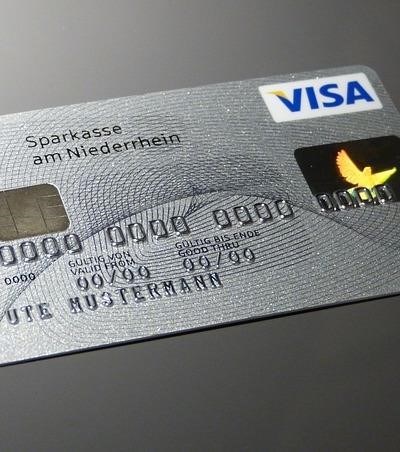
Non-VBV (Verified by Visa/Mastercard SecureCode) credit cards, while offering seemingly convenient access to credit, present complex ethical considerations. Their accessibility to individuals with potentially weaker credit profiles raises concerns about predatory lending and the potential for debt traps.
The ease of obtaining these cards, often marketed to those with subprime or near-prime credit ratings, can mask the high risks involved. High approval rates often translate to high-interest credit cards, with APRs significantly exceeding those offered to borrowers with strong creditworthiness. This can quickly lead to unmanageable credit card debt, especially for individuals lacking financial literacy.
While increased access to credit can contribute to financial inclusion, the absence of robust verification methods inherent in non-VBV cards can make vulnerable borrowers particularly susceptible to exploitation. The lack of security measures increases the risk of fraud and identity theft, further exacerbating their financial difficulties. The affordability of repayments is often overlooked, leading to a cycle of debt that widens economic inequality.
The ethical dilemma lies in balancing the need for financial inclusion with the responsibility of preventing predatory lending practices. Consumer protection laws play a critical role, but loopholes and insufficient enforcement can leave borrowers vulnerable. Promoting responsible borrowing and enhancing financial literacy through education are crucial to empower consumers to make informed decisions and avoid falling into debt traps.
Ethical consumerism encourages individuals to consider the social and environmental impact of their financial choices; Choosing credit products wisely, understanding credit scoring, and prioritizing affordability over immediate convenience are key steps towards responsible credit management. Ultimately, a balanced approach that combines increased access to credit with strong consumer protection and financial education is essential to mitigate the moral gray areas surrounding non-VBV credit cards;
The issue highlights the need for a robust regulatory framework that protects vulnerable borrowers while promoting responsible lending practices. This includes clear disclosure of all fees and interest rates, stricter enforcement of existing consumer protection laws, and increased investment in financial literacy programs to improve overall financial responsibility.

I appreciate the article
This article provides a thoughtful and well-reasoned analysis of the ethical complexities surrounding non-VBV credit cards. The author effectively highlights the potential for predatory lending practices and the vulnerability of financially less-literate individuals. The connection between ease of access, high-interest rates, and the resulting debt trap is clearly articulated.
The discussion of financial inclusion versus the prevention of predatory lending is particularly insightful. The article successfully navigates the nuances of this ethical dilemma, acknowledging the benefits of increased credit access while emphasizing the crucial need for stronger consumer protections and financial literacy initiatives.